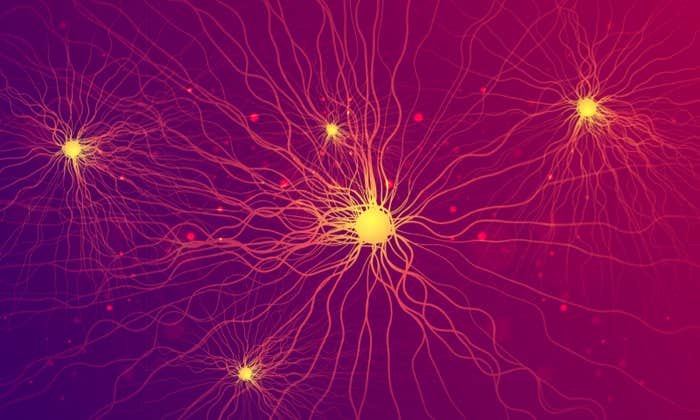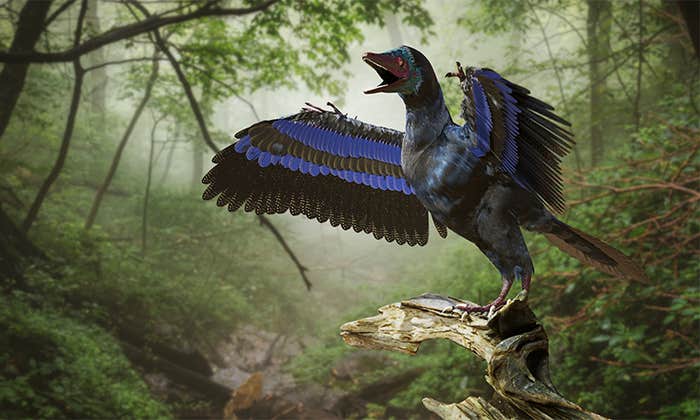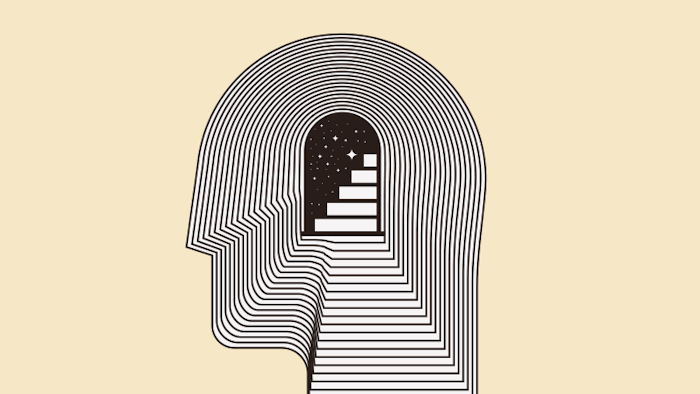Elena Renken
The Power of Small Brain Networks
It only takes four neurons to achieve big things.
When Do Kids Start Playing Pretend?
It’s complicated.
The Power of Physician Empathy
A new Rx for chronic pain?
How Different Instruments Shape the Music We Love
The timbre of a violin or a sitar can affect how dissonant music sounds to us.
A Jig for the Blues
New evidence for the curative effects of dance.
Unraveling the Evolution of Flight
Bird brain scans and dinosaur fossils hint at when the first creatures grew wings.
Why E-Bikes Catch Fire
The dangerous chemistry of cheaply made lithium batteries.
A New Doorway to the Brain
Neuroscientists can now explore the “wild west” in our heads in incredible detail—a boon to medicine and understanding what makes us tick.
How the Brain Allows the Deaf to Experience Music
Our sensory systems for hearing and touch overlap to stir a wealth of emotions.
Turing Patterns Turn Up in a Tiny Crystal
The mechanism behind leopard spots and zebra stripes also appears to explain the patterned growth of a bismuth crystal, extending Alan Turing’s 1952 idea to the atomic scale.



























